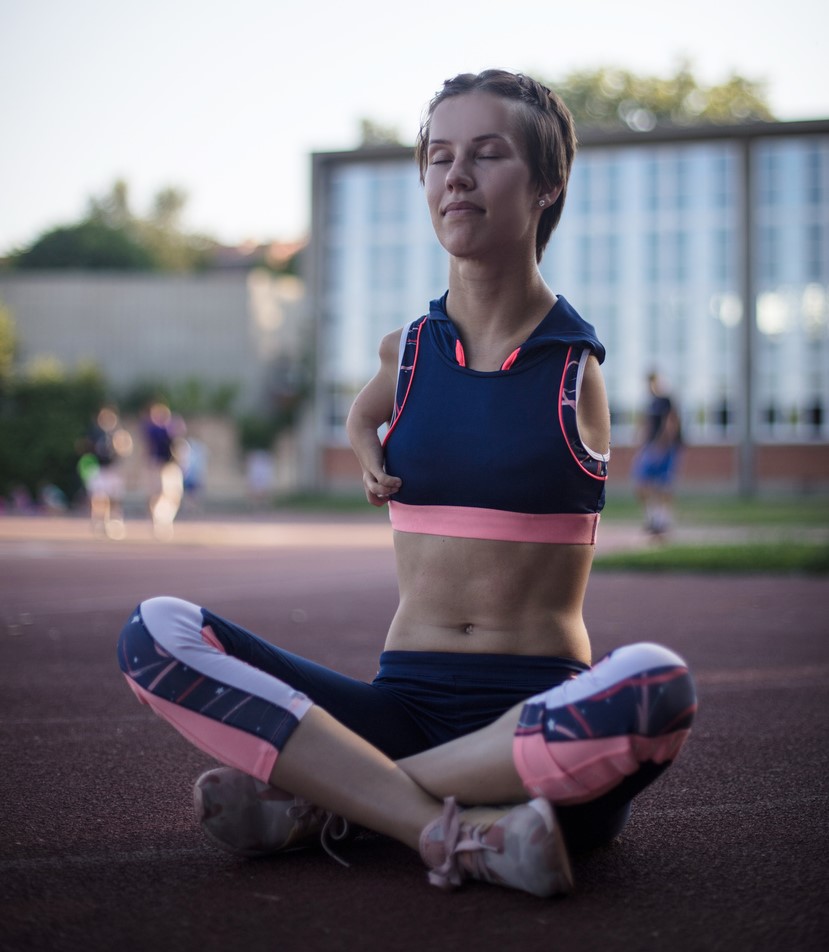How mindfulness and meditation can exclude people with disabilities — and how to change it
People with disabilities are seeking more inclusive language and content that accommodates their needs within meditation resources.

Practicing mindfulness and meditation have become a more common practice, especially as mental health challenges and burnout rise. But not all the major apps and programs available are inclusive of people with disabilities.
Mashable writes, “For people with disabilities, standard meditation fare can seem exclusionary. Meditation resources—apps, online courses, in-person classes—often make assumptions about the person meditating. A basic set of misguided assumptions: that they can walk, see, hear or feel.”
While there may be physical limitations or differences to accommodate — such as an emphasis on sitting with an erect spine — meditation practices can also be challenging for those with attention-deficit/hyperactivity disorder and bipolar disorder when the emphasis is on observing thoughts or the breath.
Mashable reports that beyond a two-minute video on Headspace exploring disability and movement, there are few courses available specifically for people with disabilities — at least among meditation apps Calm, Headspace and Ten Percent Happier. Closed captioning is available within Headspace and Ten Percent Happier, but that has limits for people with hearing disabilities if a meditator is prompted to close their eyes or if there aren’t cues about how long a silence, for example, is meant to last. Headspace indicates it is conforming to the latest Web Content Accessibility Guidelines.
There are some groups already offering more inclusive spaces and practices, such as the Black Lotus Collective in Boston. And it is likely the meditation field overall will become more accessible and inclusive with time but keep these limitations in mind if offering or hosting your own company/team meditation practice or session. Consider what accommodations could be made — perhaps participants could choose to lay rather than sit, for example — to benefit anyone interested in participating.
COMMENT
Ragan.com Daily Headlines
RECOMMENDED READING
Tags: disabilities, inclusive, meditation, mental health, mindfulness






